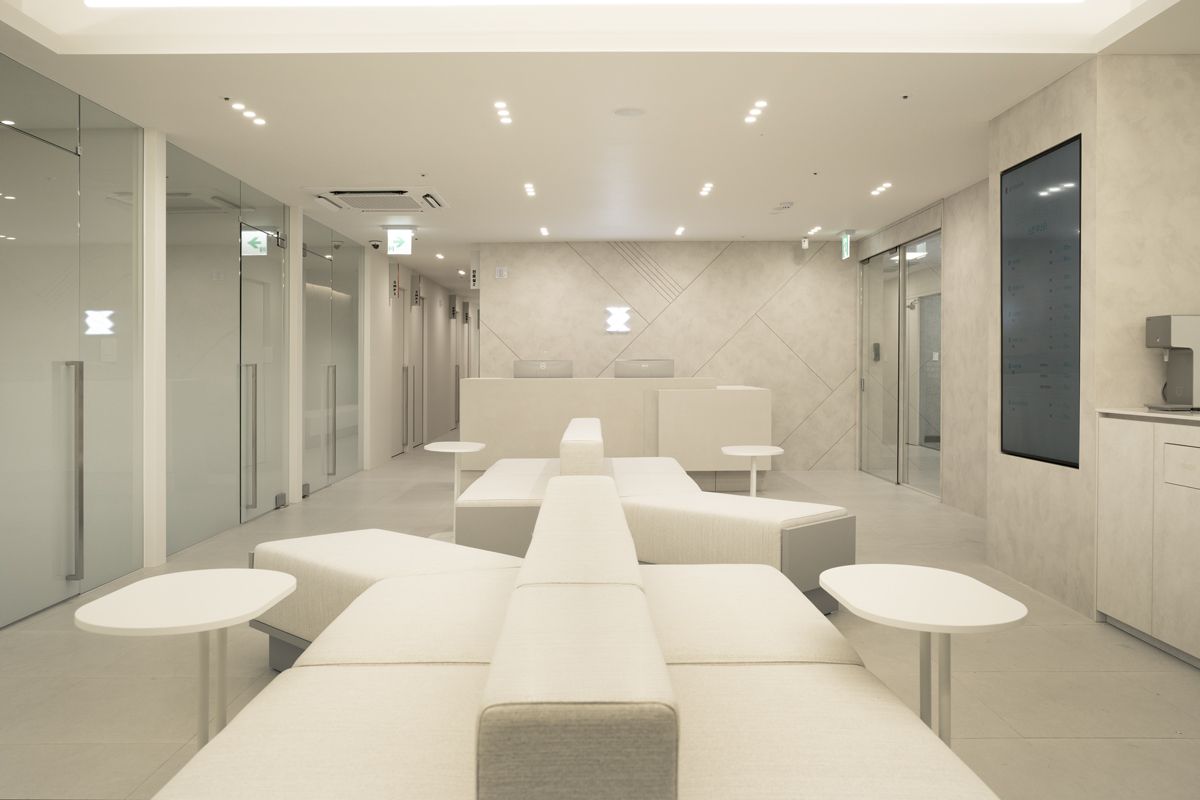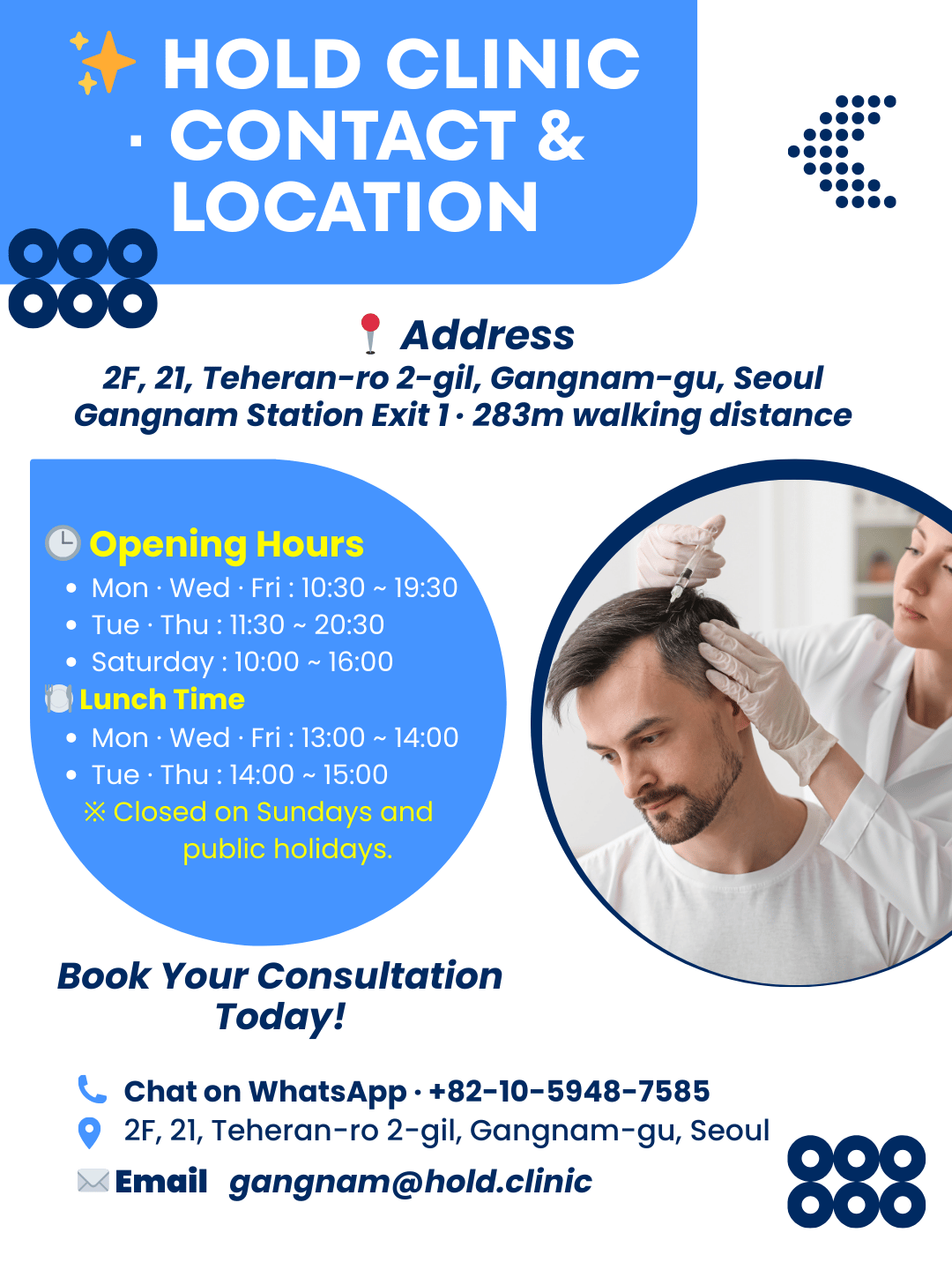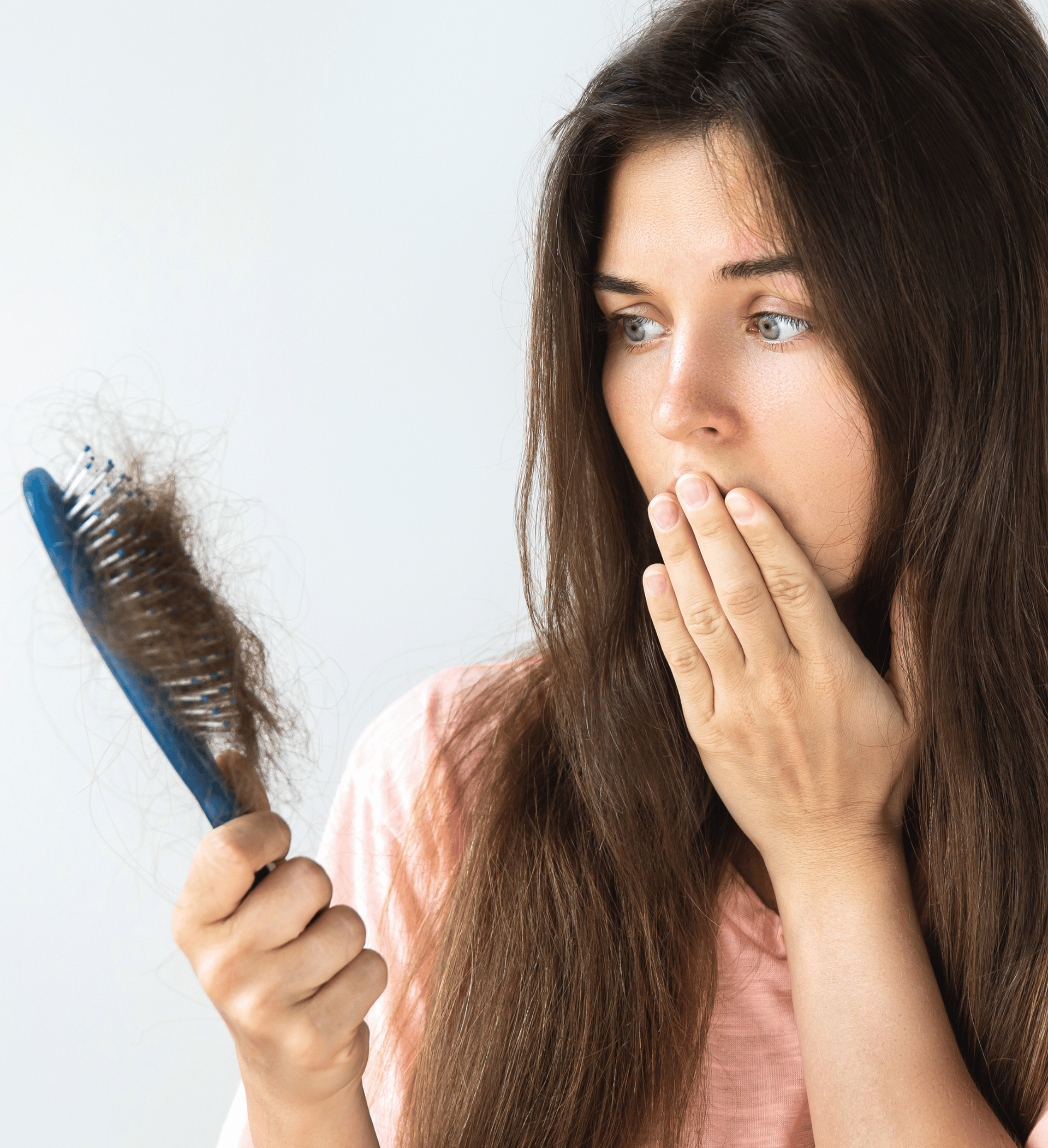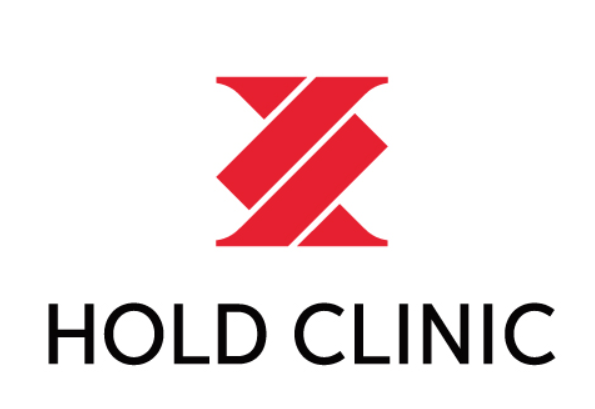Telogen Effluvium Treatment in Korea, Seoul
at Gangnam HOLD Clinic
Telogen Effluvium Treatment in Korea: Addressing Stress-Related Hair Loss at Seoul HOLD Clinic
Experiencing sudden and widespread hair shedding can be alarming, often leaving individuals feeling anxious and concerned about their hair's future. This common type of hair loss, known as Telogen Effluvium, is typically a temporary condition triggered by various physiological or psychological stressors. While it can be distressing, understanding its causes and accessing effective treatments can significantly help in managing the shedding and promoting healthy regrowth. South Korea, with its advanced medical dermatology and holistic approach to patient care, offers comprehensive solutions for Telogen Effluvium.
This blog post will delve into what Telogen Effluvium is, its common triggers, the various treatment approaches available in Korea, and how Seoul HOLD Clinic in Gangnam provides specialized and supportive care to help patients recover from this condition and restore their hair's fullness.
What is Telogen Effluvium?
Telogen Effluvium (휴지기 탈모 - hyujigi talmo) is a form of temporary hair loss that occurs when a significant number of hairs prematurely enter the telogen (resting/shedding) phase of the hair growth cycle. This leads to an increase in daily hair shedding, typically noticed 2-4 months after a triggering event. Unlike patchy hair loss (like Alopecia Areata) or patterned baldness, Telogen Effluvium usually presents as diffuse thinning across the entire scalp.
Common Triggers of Telogen Effluvium:
The hair cycle is sensitive to systemic changes in the body. Telogen Effluvium is often triggered by:
- Significant Stress: Emotional stress, prolonged periods of anxiety, or traumatic events.
- Major Illness or Surgery: Severe infections (including COVID-19), high fever, or major surgical procedures.
- Hormonal Changes: Postpartum (as discussed in a previous blog), thyroid imbalances (hyperthyroidism or hypothyroidism), or discontinuation of hormonal birth control.
- Nutritional Deficiencies: Severe deficiencies in iron, zinc, vitamin D, or protein.
- Medications: Certain drugs can induce hair shedding as a side effect.
- Rapid Weight Loss or Crash Diets: Nutritional shock to the body.
- Chronic Systemic Diseases: Conditions affecting overall health.
While the shedding can be alarming, the good news is that Telogen Effluvium is usually self-limiting. Once the underlying trigger is identified and managed, hair growth typically resumes within 6-12 months.
Comprehensive Treatment Approaches in Korea
The primary goal of treating Telogen Effluvium is to identify and address the underlying cause, while also supporting the hair follicles to recover and resume healthy growth. Korean dermatology clinics, particularly those with expertise in hair and scalp conditions like Seoul HOLD Clinic, offer a range of supportive and stimulatory treatment options tailored to the individual's specific situation.
Here are the primary treatment options:
1. Identifying and Managing the Trigger
This is the most crucial step. A thorough consultation with a dermatologist will focus on:
- Detailed Medical History: Reviewing recent illnesses, surgeries, medications, stress levels, and dietary habits.
- Blood Tests: To check for hormonal imbalances (e.g., thyroid panel), iron deficiency (ferritin levels), vitamin D deficiency, and other nutritional markers.
- Scalp Analysis: Using high-magnification devices to assess the scalp and hair follicles, confirming diffuse shedding and ruling out other hair loss types.
Once the trigger is identified, the dermatologist will advise on managing it (e.g., stress management techniques, dietary adjustments, addressing underlying medical conditions with relevant specialists).
2. Topical Treatments
Topical solutions can help stimulate hair follicles and accelerate regrowth during the recovery phase.
- Topical Minoxidil (2% or 5%):
- How it Works: Applied directly to the scalp, it increases blood flow to hair follicles and prolongs the hair's active growth phase, helping to push hairs out of the resting phase and encourage faster regrowth.
- Benefits: Widely available, proven effective for stimulating regrowth.
- Considerations: Requires consistent application. Can cause scalp irritation. Generally considered safe for most individuals, but discuss with your doctor if pregnant or breastfeeding.
- Cost: Affordable (approx. ₩20,000-₩70,000 KRW per month). Not covered by NHIS.
3. Oral Medications & Supplements
- Oral Minoxidil (Low-Dose):
- How it Works: Similar to topical Minoxidil, but offers systemic benefits, potentially leading to more widespread hair growth.
- Benefits: Convenient, can lead to widespread hair growth, bypasses topical application issues.
- Considerations: Potential side effects include hypertrichosis (unwanted body hair), and rarely, cardiovascular effects. Requires medical clearance and monitoring. Generally avoided if pregnant or breastfeeding.
- Cost: Affordable (approx. ₩20,000-₩60,000 KRW per month). Not covered by NHIS.
- Nutritional Supplements:
- How it Works: If blood tests reveal deficiencies (e.g., iron, vitamin D, zinc, biotin), supplements will be prescribed to correct these imbalances, which are crucial for healthy hair growth.
- Benefits: Addresses underlying deficiencies directly.
- Considerations: Only effective if a deficiency exists. Should be taken under medical guidance.
- Cost: Varies by supplement. Not typically covered by NHIS.
4. Regenerative Therapies
These in-clinic treatments can help accelerate the recovery process by providing direct stimulation and nourishment to hair follicles.
- PRP (Platelet-Rich Plasma) for Hair Loss:
- How it Works: Concentrated growth factors from your own blood are injected into the scalp to stimulate dormant follicles and promote new growth.
- Benefits: Natural, stimulates inactive follicles, improves hair thickness and density. Safe for breastfeeding as it uses autologous blood.
- Considerations: Requires multiple sessions.
- Cost: Approx. ₩300,000-₩500,000 KRW per session, with packages available. Not covered by NHIS.
- Exosome Hair Therapy:
- How it Works: Exosomes deliver potent growth factors and anti-inflammatory signals to hair follicles, promoting regeneration and improving the scalp environment.
- Benefits: Highly advanced, potent regenerative effects, reduces inflammation.
- Considerations: Newer therapy, typically requires multiple sessions. Discuss with your doctor if breastfeeding.
- Cost: Higher end (approx. ₩500,000-₩1,500,000 KRW per session, packages higher). Not covered by NHIS.
- Scalp Microneedling with Growth Factors:
- How it Works: Fine needles create micro-channels in the scalp, enhancing the absorption of growth factors (from PRP, exosomes, or specialized serums) and stimulating the scalp's natural healing.
- Benefits: Synergistic effect, improves penetration of active ingredients, minimally invasive.
- Considerations: Requires multiple sessions.
- Cost: Varies based on growth factor used (approx. ₩300,000-₩1,500,000 KRW per session). Not covered by NHIS.
5. Light-Based Therapies
- Low-Level Laser Therapy (LLLT) / LED Scalp Treatment:
- How it Works: Uses specific wavelengths of light to stimulate cellular activity, increase blood flow, and reduce inflammation in hair follicles, supporting regrowth.
- Benefits: Non-invasive, painless, no downtime, safe, and can be used as a standalone or complementary therapy. Considered safe during breastfeeding.
- Considerations: Requires consistent, regular sessions for results.
- Cost: Approx. ₩50,000-₩150,000 KRW per session, with packages available. Not covered by NHIS.
Why Choose Seoul HOLD Clinic for Telogen Effluvium Treatment?
Seoul HOLD Clinic in Gangnam is an excellent choice for individuals seeking comprehensive and supportive Telogen Effluvium treatment in Korea. The clinic is highly regarded for its:
- Board-Certified Dermatologists: Ensuring expert diagnosis and the highest standard of care in identifying triggers and managing hair shedding.
- Comprehensive Diagnostic Capabilities: Including detailed medical history taking, scalp analysis, and the ability to order relevant blood tests to pinpoint underlying causes.
- Holistic Treatment Approach: They offer a range of medical and regenerative therapies, combined with crucial advice on managing triggers and supporting overall health, allowing for truly personalized and effective treatment plans.
- English-Speaking & Foreigner-Friendly Services: The clinic is dedicated to providing clear communication and a comfortable, personalized experience for international patients, with easy contact via WhatsApp and email.
- Patient-Centered Approach: They prioritize one-on-one consultations and customized treatment plans, ensuring that your specific needs and concerns are thoroughly addressed with care and empathy during what can be a stressful time.
- Convenient Location: Situated in the easily accessible Gangnam district, a vibrant hub for medical aesthetics in Seoul, making visits convenient for both residents and visitors.
If you're experiencing sudden and widespread hair shedding and suspect Telogen Effluvium, a consultation with the experts at Seoul HOLD Clinic in Korea could be a significant step in understanding and effectively managing your condition, leading to restored hair fullness and peace of mind.




